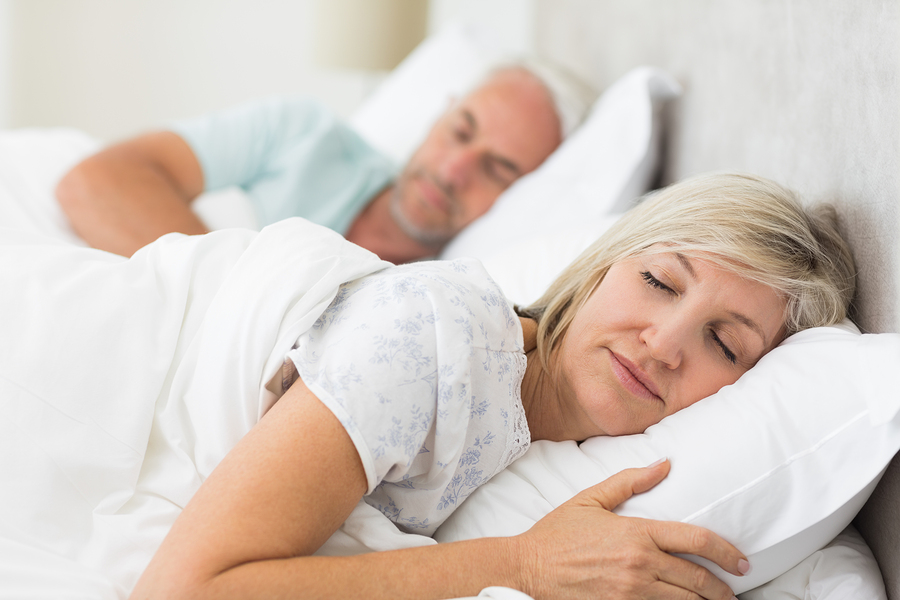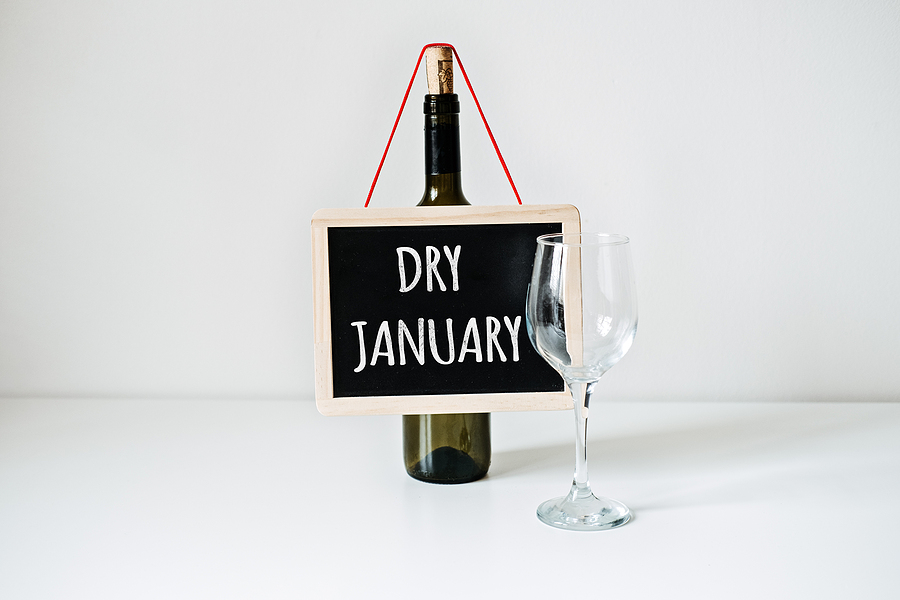The unexpected things that happen to your body when you quit alcohol
The benefits of giving up booze can be surprising in many ways
After all the Christmas excess and celebrations, chances are many of us are thinking about taking a detour down sober street and abstaining from alcohol for a while.
And, most likely, you’ll be thinking about how much better you’re going to feel for it – or at least you hope that’ll be the case.
“We’ve all heard the term ‘in moderation’ or being reminded to enjoy alcohol but ‘responsibly’,” says Lola Biggs, dietitian at natural health supplement brand, Together Health.
“However, sometimes there are times in life when cutting out alcohol completely is the aim. Whether it’s for a dry January or a complete lifestyle change, removing alcohol from our diet can reveal some interesting symptoms,” notes Biggs. “And not all of them feel good initially.”
View this post on Instagram
Indeed, the list of benefits from giving up alcohol is lengthy, and it can impact nearly every aspect of your wellbeing, says Nathan Penman, clinic manager at Nuffield Health. “Alcohol is a toxin that our body needs to work overtime to remove from the system, so while it’s doing this, other areas get neglected,” explains Penman.
Here, experts share a few examples of what you may notice when you go booze-free…
Weight loss without dieting
“Alcoholic drinks contain a lot of calories, which don’t contain nutritional value, and aren’t necessarily used by our bodies,” says Penman. “For example, if someone was to drink six glasses (175ml) of wine weekly (which is in line with the recommended amount of 14 units), this would equate to about 800 calories.
“Cutting this out is reducing a substantial amount of your weekly calorie intake, which will make it easier to achieve a calorie deficit overtime and, therefore, weight loss.”
Restlessness

“Initial rises in anxiety and restlessness can often be experienced when you take a break from drinking,” explains Biggs. “This is due to the body adjusting to its removal and trying to rebalance brain chemicals, in particular dopamine, a hormone which is involved in feeling reassured.
“This is happening while your body is also adapting to new habits, or in other words, the lack of a key habit – that nightly glass of red!”
Vivid dreams
 “Sleep can also change, as you begin to fall into deeper sleep, even if it takes longer to drift off without the wind-down wine,” says Biggs. “With this deeper sleep, more vivid dreams become a little more likely, as there is up to a three-times-increase in REM sleep associated with quitting alcohol.”
“Sleep can also change, as you begin to fall into deeper sleep, even if it takes longer to drift off without the wind-down wine,” says Biggs. “With this deeper sleep, more vivid dreams become a little more likely, as there is up to a three-times-increase in REM sleep associated with quitting alcohol.”
Sweet cravings
The good bacteria that co-exist with us in our gut lining are influenced by the alcohol we drink, says Biggs.
“When we stop drinking, changes can take place in our behaviour which can influence our food cravings,” she continues. “Often people notice they start craving sweeter things, even if they do not consider themselves to have a ‘sweet tooth’ normally.
“Keep meals protein-rich and varied to increase food satisfaction, and over time your microbes will tend to re-align and adapt to the new no-alcohol situ – and you should feel less bound by food cravings.”
Glowing skin

Alcohol dehydrates us and damages cells in our skin, notes Penman. “Over time, these damaged skin cells can result in a cracked, dry and damaged appearance, with the potential for more breakouts,” he adds.
“By reducing your alcohol intake, you’re giving the skin time to rehydrate and regenerate, allowing for a healthier glow.”
Lower blood pressure
“Drinking a lot of alcohol can affect the muscles in your blood vessels,” warns Penman. “This can cause them to become narrower. When your blood vessels are narrower, the heart has to work harder to push blood around your body, increasing your blood pressure.
“Lower blood pressure will also greatly reduce the risk of developing heart disease, making it less likely a person will experience a heart attack or stroke.”
Improved sex drive

To begin with, alcohol can have a positive effect on sexual hormones such as serotonin, dopamine and testosterone, explains Penman.
“However, over time these levels will start to reduce, which in turn lowers the amount of sexual drive a person will experience – and could potentially lead to incidences of depression or anxiety,” he continues.
“The good news is our bodies are amazing healers and after a period of a few weeks without alcohol, the body will naturally start to increase levels of these hormones again.”
Counting the days
“You might notice yourself counting days more, being more in tune with the date, and more observant of your bedtimes, as the body starts to get used to no alcohol in the system, and this shift heightens awareness,” says Biggs.
View this post on Instagram
She says everybody’s response to quitting alcohol is unique, but studies have shown that at around seven to 10 days, initial unwelcome symptoms are starting to shift – and increases in general energy, clarity of mind and more steady moods can often be felt.
“Within a month, the body has often worked through the restoring process and the chemical effects of regular alcohol have reset,” says Biggs. “This can give you more motivation to continue to bypass a beverage, and stay committed to your aim.”
Teresa H-B
Latest posts by Teresa H-B (see all)
- The unexpected things that happen to your body when you quit alcohol - December 31, 2023
- From the Hearts of Oh So Many - September 15, 2022
- Our Queen - September 9, 2015
- Where the little boy lays - September 3, 2015
- My Hubbie’s lost his eyebrows - August 25, 2015





















